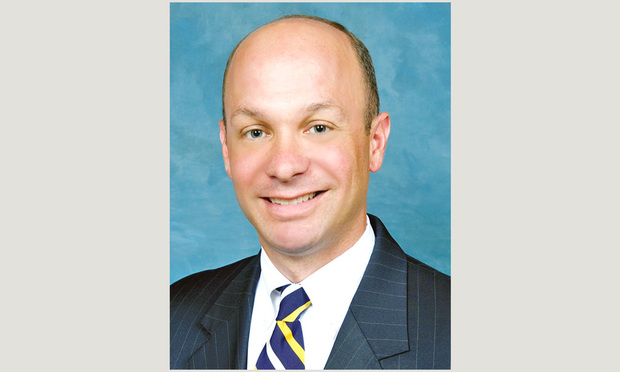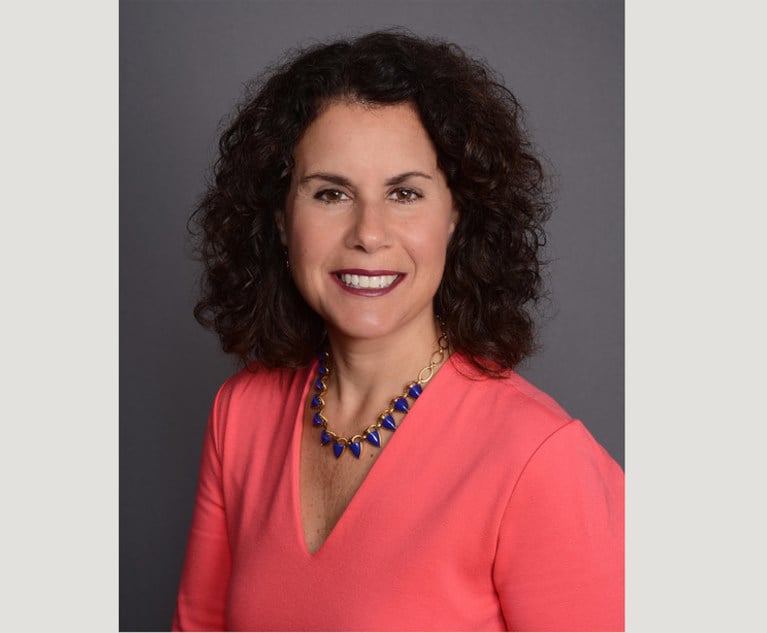It goes without saying that like almost every aspect of society, the COViD-19 pandemic has dramatically impacted the practice of workers’ compensation in Pennsylvania. The disruption began in earnest March 17 when Gov. Tom Wolf ordered the closure of all Pennsylvania state government offices for 14 days. Wow! All hearings and mediations were promptly cancelled. From that point, uncertainty has reigned, more than anything, but the practice remains strong, albeit with scarcely any new claims. Given the absence of a universal solution, the Office of Adjudication did its best to authorize a system of judge-specific modes of communication and procedure. Some WCJs were equipped to move to a home-based practice immediately, others less so. Some implemented Zoom hearings, others Skype for Business, still others WebEx or just plain telephone hearings—especially for the approval of compromise and release agreements. Little by little, as the governor’s lockdown continued to be extended and it became clear that “normal” was not returning any time soon, the bureau’s capabilities began to adapt with the times. This had the potential to be debilitating, given that every judge already has his own set of procedures. The Office of Adjudication’s “Special Procedures During COVID-19″ did not engender confidence that things would run smoothly.
At first, simply agreeing to continue hearings and delay testimony, with the hopes that enough busy work could take place by the time testimony was absolutely necessary was the standard procedure. Of course, that made sense with a projected return date of “no sooner than March 30.” (Again, wow!) However, guarantees by Dr. Anthony Fauci, director of the National Institute of Allergy and Infectious Diseases, that cases of COViD-19 will emerge following a reopening of the economy and wild rumors of face masks being a permanent aspect of society, it quickly became apparent that things cannot remain in limbo for very long, especially with absolutely no clear projection of where the country will be this fall. For anyone who has ever been to Philadelphia for a workers’ compensation hearing, it is essentially impossible to imagine a socially distant “call of the list.” Therefore, it is time to take the bull by the horns and make the best of your practice. Merely hoping for a better future with in-person hearings and depositions will probably just leave you with a lot of unhappy clients and stagnant cases.


 Christian Petrucci of the Law Offices of Christian Petrucci.
Christian Petrucci of the Law Offices of Christian Petrucci.




